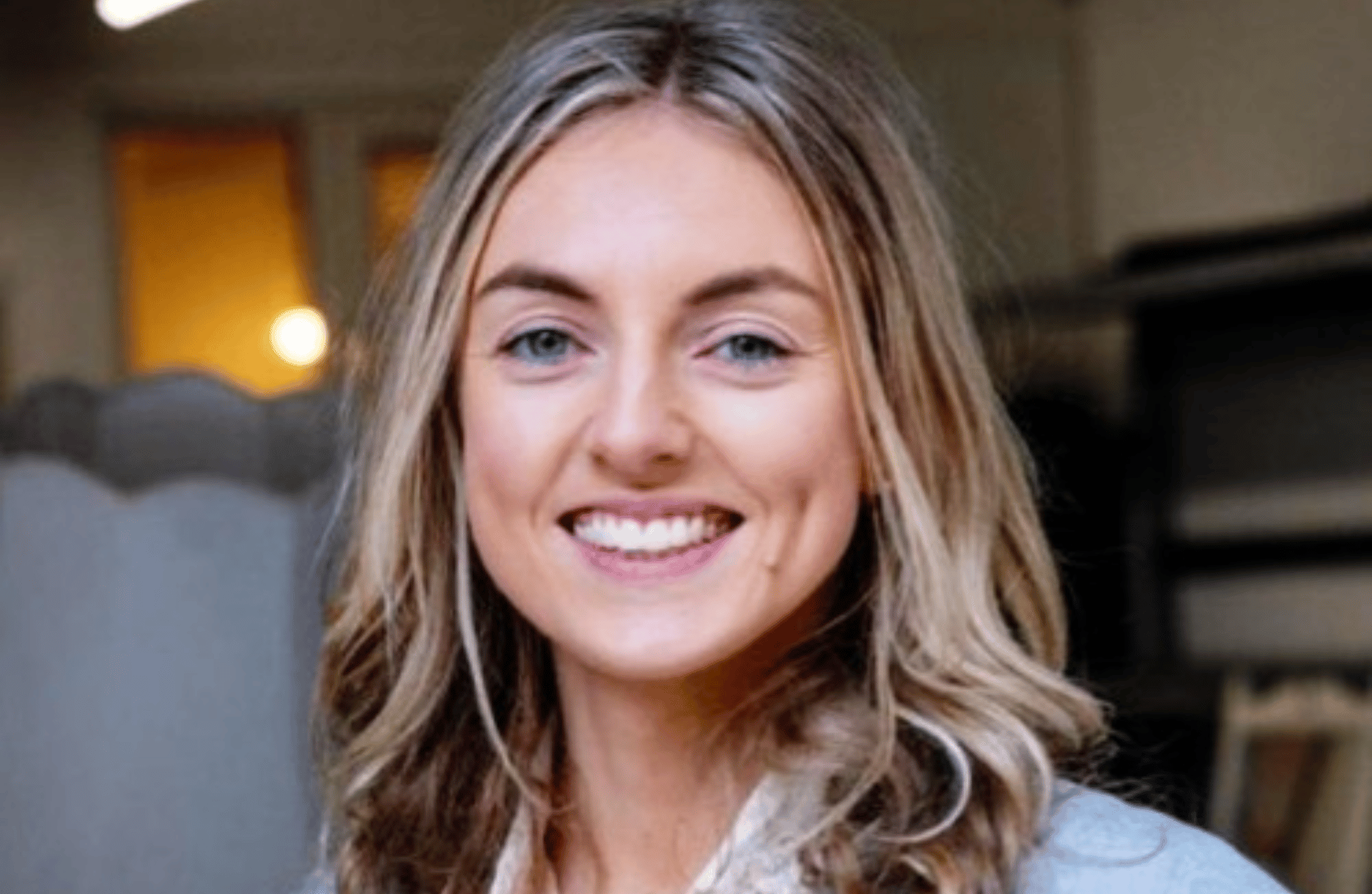Creating New Life And New Livelihoods From Old Furniture – Anna Sheehan, Co-Founder Of ReFunk Upcycling

This Earth Day, we are exploring the start-ups leading the charge in tackling some of the world’s most pressing climate challenges, and the founders behind them…
Here, we speak to Anna Sheehan; alumna of the MSc Marketing programme at Trinity Business School in Ireland, Senior Communications Executive at the Ellen MacArthur Foundation and Co-Founder of ReFunk Upcycling – a venture attempting to decrease the 10 million tonnes of furniture discarded annually in the EU, by breathing new life into unwanted pieces, and providing a platform from which other upcyclers can turn their passion projects into a full-time business.
What specific environmental problems is your company addressing, and how do you plan to
make a difference in these areas?
We discovered that a shocking 10 million tonnes of furniture is discarded annually in the EU, while many consumers opt for cheap, poor-quality fast furniture as their first port-of-call. ReFunk works with over 100 upcyclers around the country who give furniture a new lease of life, extending its lifespan and reducing the amount of furniture that ends up in landfills.
What inspired you to start a company focused on environmental sustainability, and how did
you get started?
The idea for ReFunk came from participating in “The Provost’s Innovation Challenge” in Trinity- a weekend hackathon which that year, tasked us with coming up with a sustainable business idea. As a group, the four of us (Myself, Meredith Davis, Ellen Ryall, and Ellie Walters, all fellow MSc Marketing graduates) were already quite environmentally-aware but, as consumers, found it hard to match our behaviours with our beliefs, due to a lack of options. We wanted to make it simple for consumers to make the sustainable choices. Noting the harmful impact of the fast furniture industry, we settled on a platform that would tackle furniture waste by matching consumers with upcyclers.
How did you experience at business school help you launched and run this company?
After winning the Provost’s Challenge, we took part in several other programmes and competitions in Trinity throughout the year, including the coveted Launchbox summer accelerator, which was when we really began to grow ReFunk into something more than just a good idea. The business school gave us the opportunity to tap into the national startup ecosystem, connecting with fellow founders, as well as mentors. Through the various competitions we won almost 20k in prize money, without which we would never have been able to get the business off the ground.
What makes your company’s approach to environmental sustainability unique or different
from other solutions out there?
To achieve full circularity we need to look at a product throughout its whole lifecycle – not just at the end. ReFunk focuses not only on waste, but on the repair aspect too, using design to keep furniture in the economy and out of the environment.
ReFunk also marries the environmental problem with a pressing social issue- job creation. We discovered that 9/10 upcyclers want to turn their passion into business but don’t know how. When they create a profile on our site, we help them find customers, elevate their visibility and brand, and give them the opportunity to capitalise on their skillsets.
What are some of the long-term goals you have for your company, and how do you plan to
achieve them?
At present, we are launching in the UK and we hope to gain significant market share here over the next year. We also see ReFunk being an excellent fit in other European cities such as Berlin, Amsterdam, or Paris, who are at the forefront of sustainable innovation, as well as New York, where unfurnished rentals mean there is a strong culture of furniture ownership. We aim to break into these markets in the next five years, and ultimately revolutionise the furniture industry worldwide.
What advice would you give to other entrepreneurs who are interested in starting a
company focused on environmental sustainability?
Develop a clear mission and values and build a strong team of people who are aligned with them.
Remember that starting a company focused on sustainability can be challenging, but it can also be incredibly rewarding. Stay committed to your vision, be open to learning, and persevere through the inevitable challenges that will arise along the way.
Interested in this series? You might also like this…
